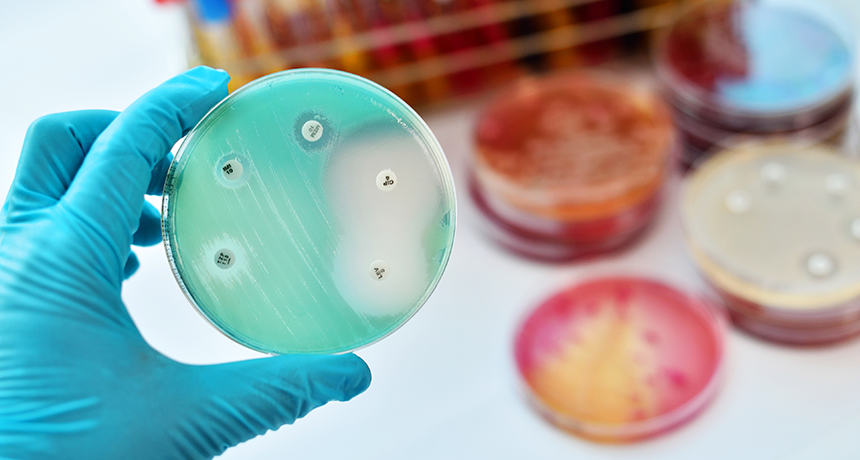
image credit- shuttershock.com
Declining private investment and lack of innovation in the development of new antibiotics are undermining efforts to combat drug-resistant infections, says the World Health Organization (WHO).
Two new reports reveal a weak pipeline for antibiotic agents. The 60 products in development (50 antibiotics and 10 biologics) bring little benefit over existing treatments and very few target the most critical resistant bacteria (Gram-negative bacteria).
While pre-clinical candidates (those in early-stage testing) are more innovative, it will take years before they reach patients.
The reports (Antibacterial agents in clinical development – an analysis of the antibacterial clinical development pipeline and its companion publication, Antibacterial agents in preclinical development) also found that research and development for antibiotics is primarily driven by small- or medium-sized enterprises with large pharmaceutical companies continuing to exit the field.
The report highlights a worrying gap in activity against the highly resistant NDM-1 (New Delhi metallo-beta-lactamase 1), with only three antibiotics in the pipeline. NDM-1 makes bacteria resistant to a broad range of antibiotics, including those from the carbapenem family, which today are the last line of defence against antibiotic-resistant bacterial infections.
“It’s important to focus public and private investment on the development of treatments that are effective against the highly resistant bacteria because we are running out of options,” says Hanan Balkhy, WHO Assistant Director-General for Antimicrobial Resistance. “And we need to ensure that once we have these new treatments, they will be available to all who need them.”
On a more positive note, the pipeline for antibacterial agents to treat tuberculosis and Clostridium difficile (which causes diarrhea) is more promising, with more than half of the treatments fulfilling all the innovation criteria defined by WHO.




